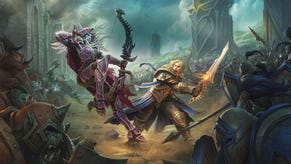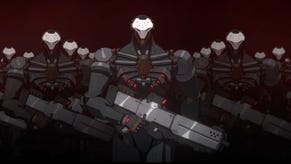Overwatch: it's time for console players to pay attention to Blizzard's shooter
The PS4 and Xbox One are about to get a unique take on the FPS.
"This isn't a regular first-person shooter, and to try to play it as such will leave you flat on your ass."
What the hell is Overwatch? On first glimpse it's a cartoon shooter with cute outfits, characters throwing around hand-hearts and stylised special attacks in a world awash with sickly primary colours.
It's about as far removed from Call of Duty as you can get, and my god, is that a relief to see.
It's Blizzard. The perfectionists of so many PC genres - MMO, action-RPG, MOBA, collectable card game, - finally, finally taking on the first-person shooter. You didn't know you wanted it, but you'd be daft to ignore it.
It's not your dad's FPS, all brown and gnarly, full of AKs and 45s, sticky bombs and airstrikes. It's a competitive multiplayer shooter that emphasises teamwork and tactics rather than lone-wolf run-and-gunning, bully-kills and knife fights. It's fast (sort-of, more of that later) and chunky, immaculately presented, funny, and deceptively deep.
Already in beta on PC and building a massive following, Overwatch comes to consoles next month.
The tactical heart of Overwatch is it's 20-plus different characters. Not just because there's plenty of variety, each equipped with unique skills and attacks, but because any player can switch between any character during a match. All games are 6v6, but to get the upperhand and win you're likely to use double that amount of characters between you, if not more.
Split into roughly four classes; offense, defense, support and tank, it's not unusual for a player to work through all roles in a 10 minute bout. You can stick to one character if that's your thing, but the tide of the battle demands you change your thinking or get hammered into the ground. Being stubborn is how you lose the fight.
I spent around 90 minutes with the PS4 version of Overwatch playing three different modes and didn't get close to touching all the characters. What I did find was a bunch of styles I liked, some I found weird, things I couldn't get my head around, characters I never want to play again and others I grew fond of. Exactly what you'd expect.
They may be annoyingly quippy, but they're easy to enjoy. Stand outs for me included Reinhardt's combination of slow shield and a zip forward pinning move, Pharah's huge leaping ability, McCree unloading a full round from his pistol, Junkrat's bear trap and Bastion transforming into a stationary turret for a 30 second killstreak. You'll have different favourites, and that's the point.
"Restricting movement feels like a throwback to earlier times. Overwatch takes some getting used to in a genre that's evolved so much to incorporate speed."
It's no coincidence that the characters I got the most out had an element of speed built into them. Emphasising tactics rather than twitch skills, Overwatch initially feels slow. There's no general sprint button so you move at one pace only.
This is jarring when we've spent the last couple of years with vaulting, snap-to-cover, traversing, sprints, double jumps, exo movement and more added to first-person shooters, from Call of Duty to Destiny. Restricting movement feels like a throwback to earlier times, when first-person shooters were still considered at home on PC, before developers got their heads around building them for consoles from the ground up.
Because of that there's no question console players are going to find this takes some getting used to in a genre that's evolved so much to incorporate speed. All character movement isn't created equal. A handful of characters have movement abilities as one of their specials. Solider: 76 can sprint, McCree rolls, Tracer can teleport and more. But it can feel a little sludgy at times, especially when you respawn and find the action is at the other end of the map. Respawn time could do with shortening too.
But again, it all comes back to mastering characters and getting comfortable with their strengths and weaknesses. And admitting that this isn't a regular first-person shooter, and to try to play it as such will leave you flat on your ass. When all team members are working together, whether buffing from the back with support or pushing forward with offense, there's a great shared sense of achievement, wrapped in the charm, polish and personality that's had as much attention lavished over it as the tiniest of technical details.
Overwatch isn't like the vast majority of console games to the point that it looks out of place, or a little weird, standing next to the gruff shooters that have entrenched themselves on PlayStation and Xbox. It's vibrant and unapologetically saccharine, yes, but also offers tactical depth and some downright slick gunplay. To ignore the deceptively accessible action built into Overwatch is to dismiss fun itself.
The Overwatch closed beta is live now on PC. Early access to the console beta begins May 3, with access for all from May 5. Overwatch releases May 24.
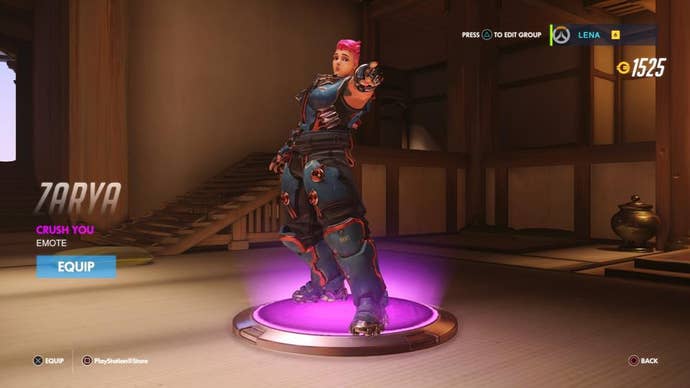
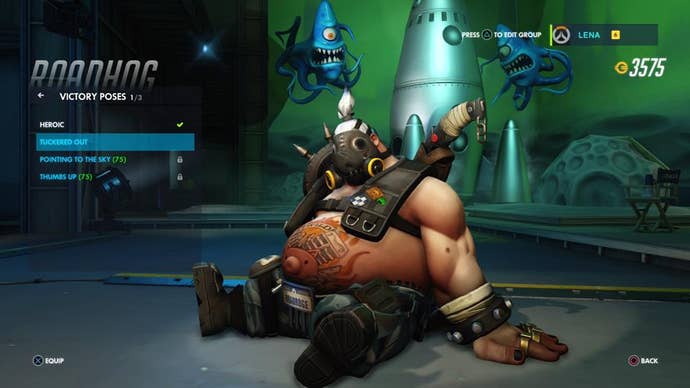
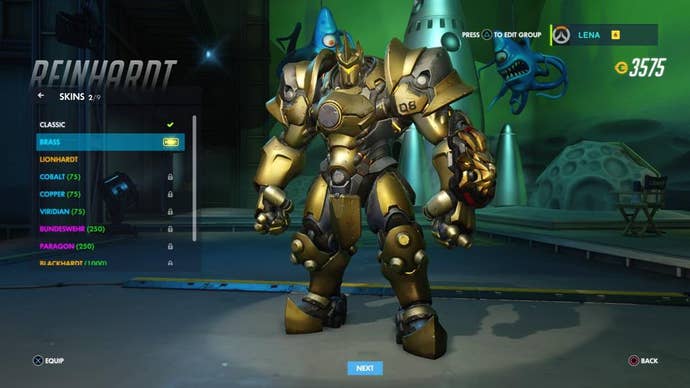
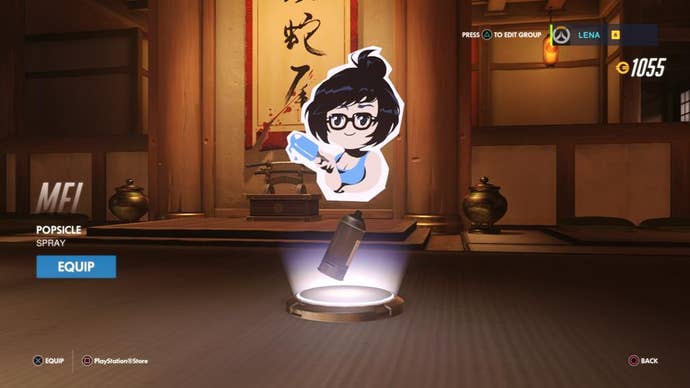
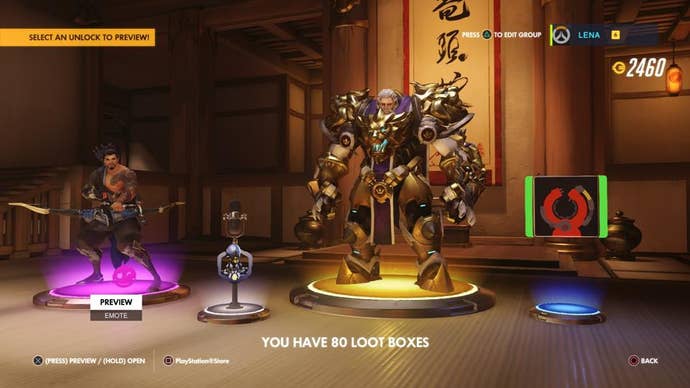
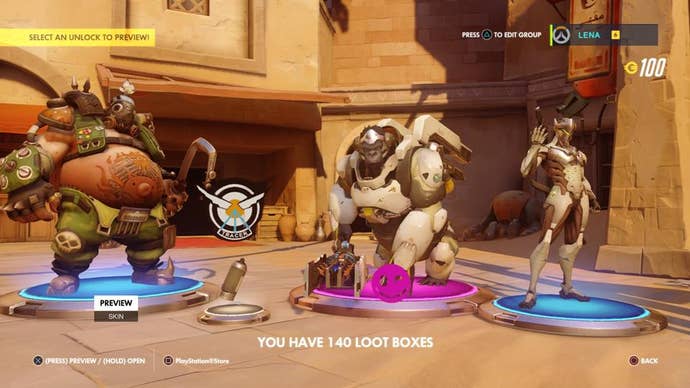
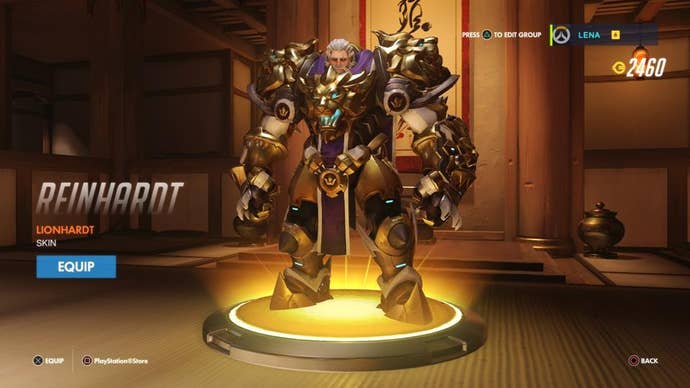
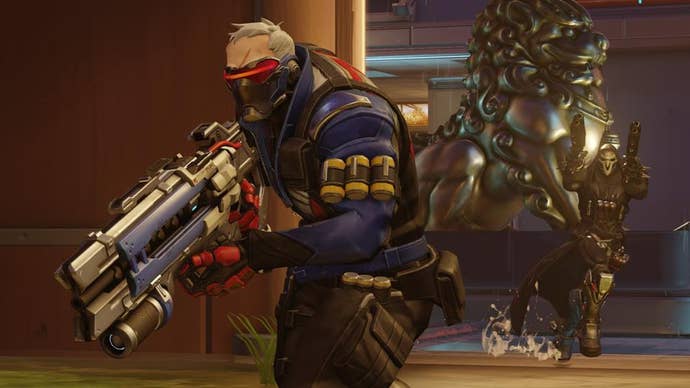
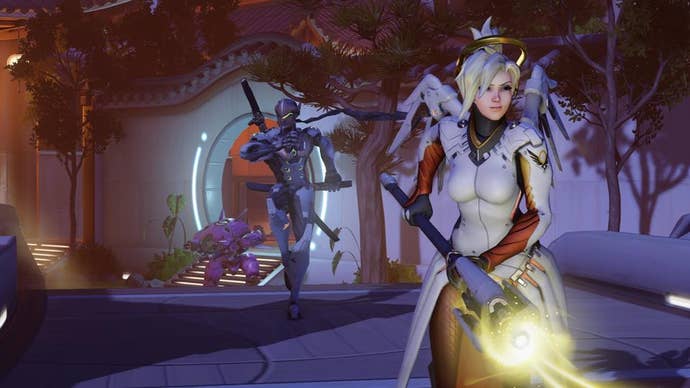
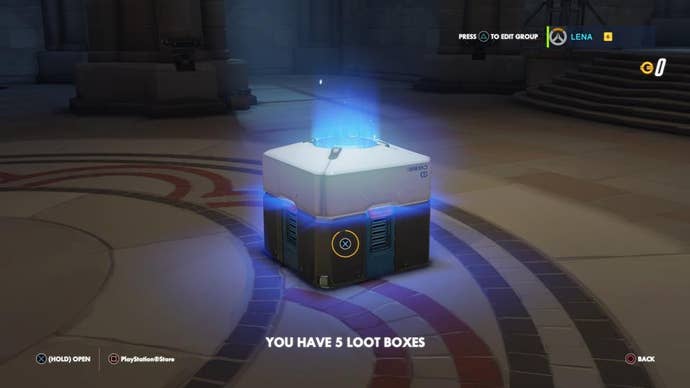
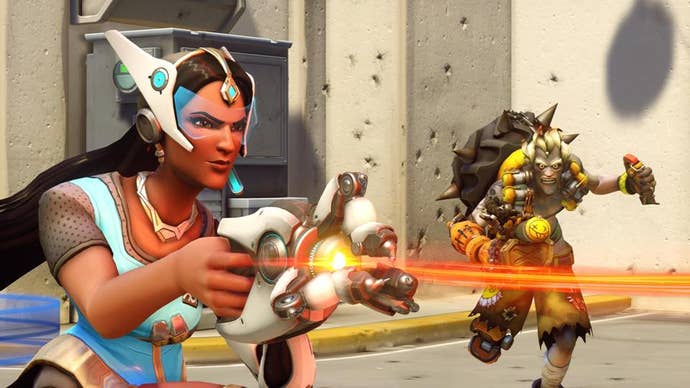
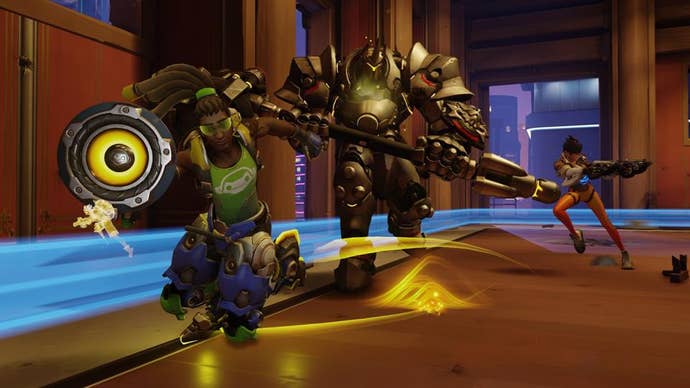
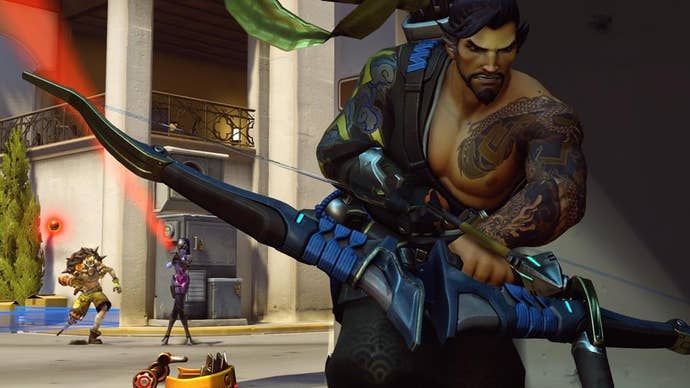
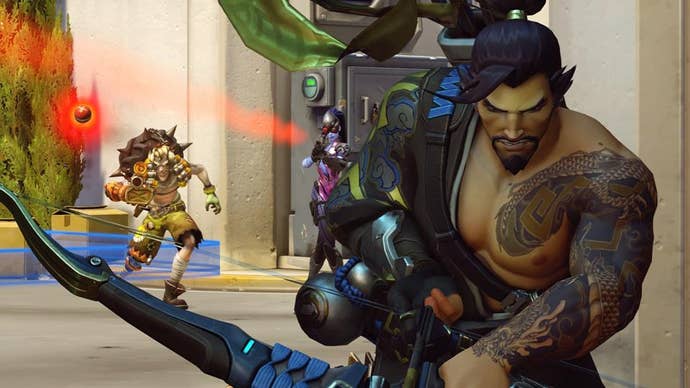
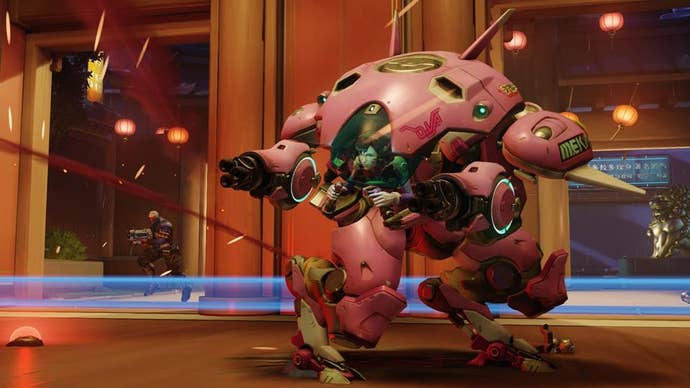
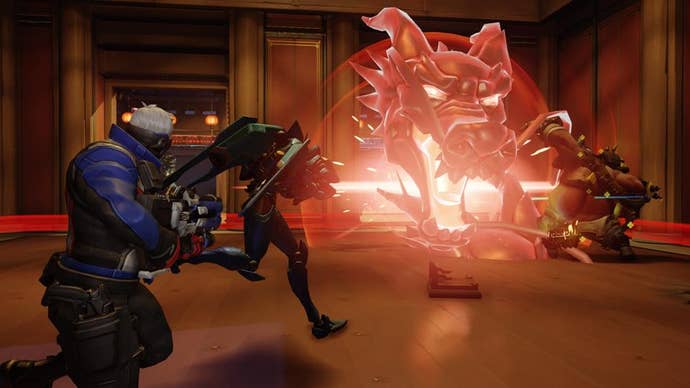
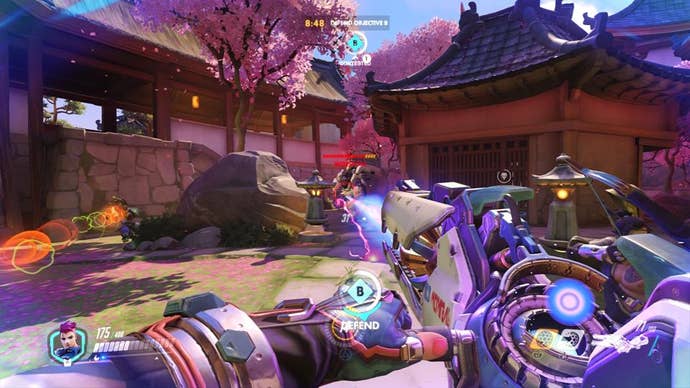
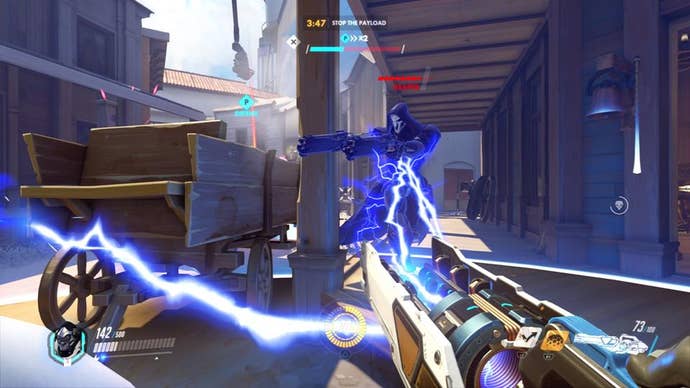
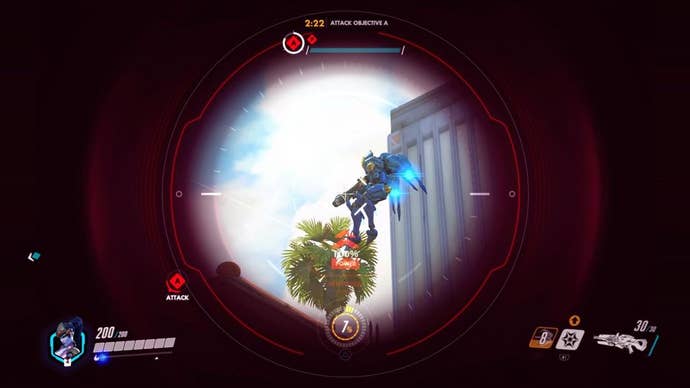
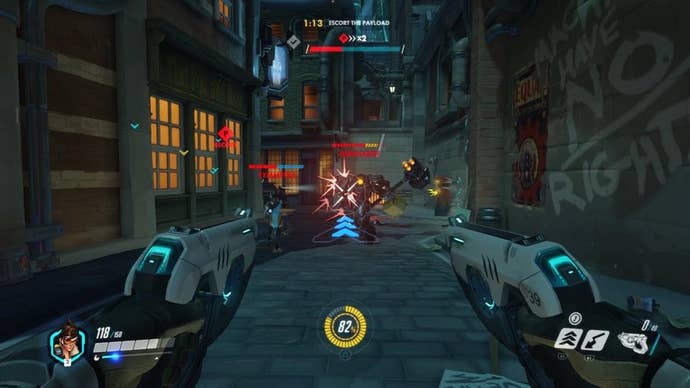
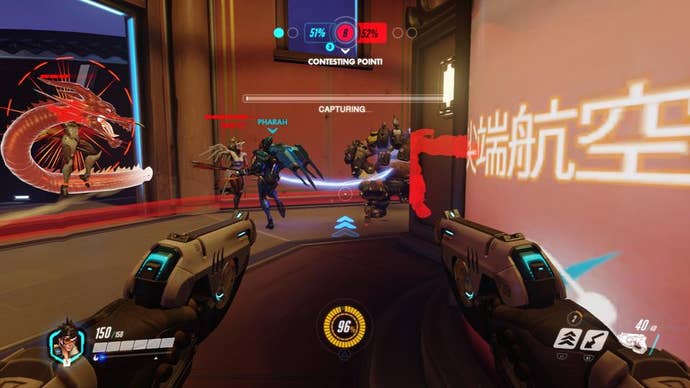
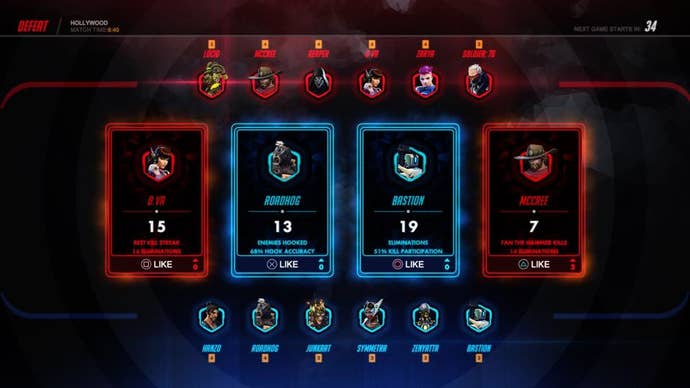
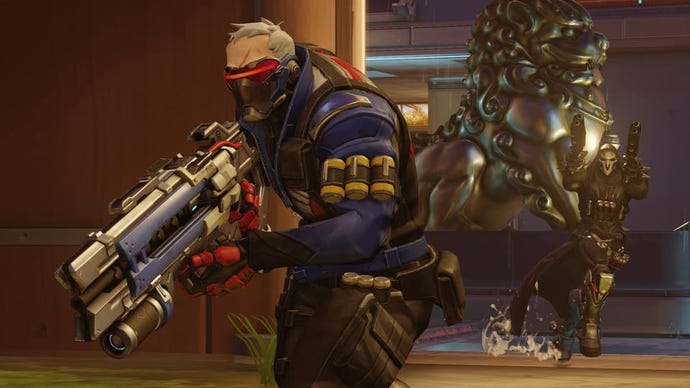






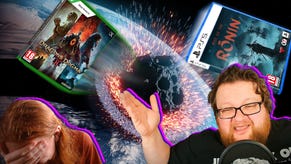
.jpg?width=291&height=164&fit=crop&quality=80&format=jpg&auto=webp)

